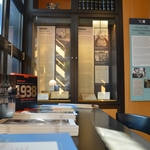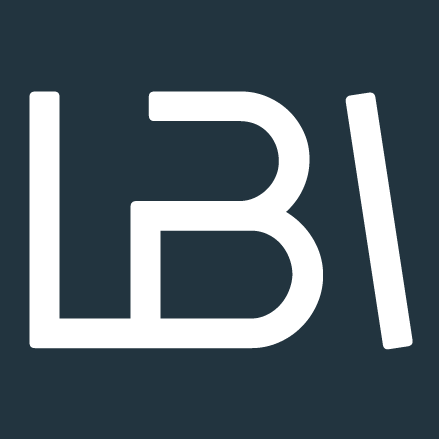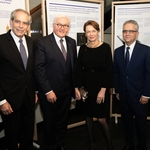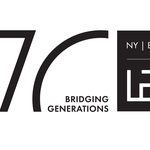Dr. Robert Ira Lewy Reference Service
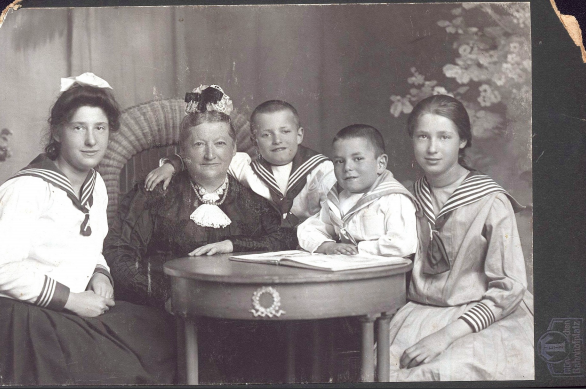
- Datum
- So., 11. Okt. 2020
While reading rooms around the world—including at the Center for Jewish History— have closed their doors in recent months due to the COVID-19 pandemic, research activity has only increased. From scholars to publishers to genealogists, many have taken advantage of the pause in regular routine to focus on their research.
Thanks to the generous support of the late Dr. Robert Ira Lewy and the resourcefulness of our staff, the LBI reference desk has been able to field an increased volume of 25–35 inquiries per week during the pandemic. While some requests are simple, for example providing a high-resolution image from our catalog for use in a book or film, others call on staff to consult multiple sources in the collections of LBI and other institutions to solve historical or genealogical puzzles. This has remained possible during the pandemic thanks to the digitization of much of our collections.
With the amount of information now available online, many genealogists have traced their family history much further back than they could have even ten years ago. Therefore, we receive many requests for information about Jewish families during much earlier time periods than we used to—all the way back to the early 18th century and before.
Finding answers to these inquiries means bringing together information from multiple sources. Family trees and other records in archival collections often provide clues, and the footnotes in community histories are especially useful for determining what records might still be available in local German archives.
Recently, a researcher who traced their family’s lineage back to the 15th century in the Hessian town of Limburg an der Lahn wrote and asked where they might have come from before living in that community. A community history of Limburg published in 1971 by Eugen Stille provided an interesting theory; Limburg had been settled by Jews expelled from the Kingdom of France in 1190. While we were not able to locate any documents from before the 15th century related to this family, the genealogist was able to form a clearer picture of the history of Limburg’s Jewish community, and possibly their own family’s.
Another important reference area is the Holocaust in Germany and Austria. As the survivor generation passes, their descendants reach out to us on a near daily basis, hoping to learn details that their parents or grandparents never discussed. Even when the specific fates of family members cannot be determined, documents such as survivor memoirs in the LBI archives can serve as an aide to understanding.
Much of the work of the Dr. Robert Ira Lewy Reference Service is also about putting documents in context. To that end, Michael Simonson, LBI’s Head of Public Outreach, has given a number of online presentations related to the collections and their importance to researchers. This includes both material of genealogical interest as well as scholarly importance. In these talks, it is always stressed that having a document in your hand is not enough—one must always know how to interpret it.
From LBI News No. 110
Aktuelles

